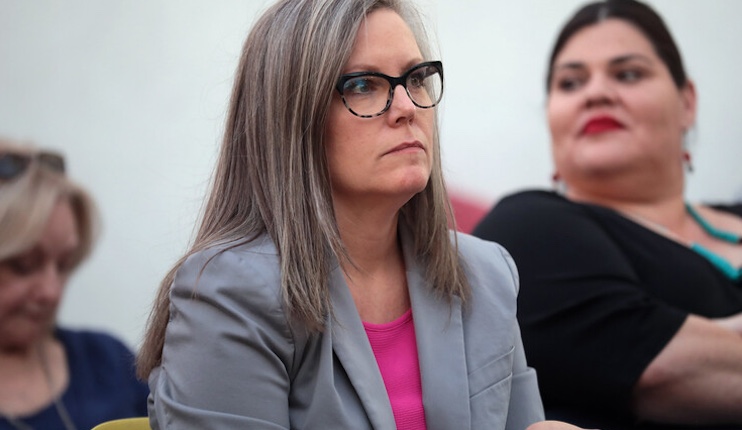Katie Hobbs’ Top Aide Arrested on Child Sex Trafficking Charges

A top aide to Arizona Governor Katie Hobbs, Joshua Castro, has been arrested on child sex trafficking charges, casting a dark shadow over her administration. The scandal threatens to derail Hobbs’ controversial nominee to lead […]
The post Katie Hobbs’ Top Aide Arrested on Child Sex Trafficking Charges appeared first on The People’s Voice.
Scientists Warn mRNA Jabs Are Producing ‘Deadly White Clots’ in Millions of Patients

Scientists are sounding the alarm over mRNA vaccines, warning that they are producing deadly white clots in millions of patients. Independent researchers have linked these prion-like amyloid clots, formed by the SARS-CoV-2 spike protein in […]
The post Scientists Warn mRNA Jabs Are Producing ‘Deadly White Clots’ in Millions of Patients appeared first on The People’s Voice.
